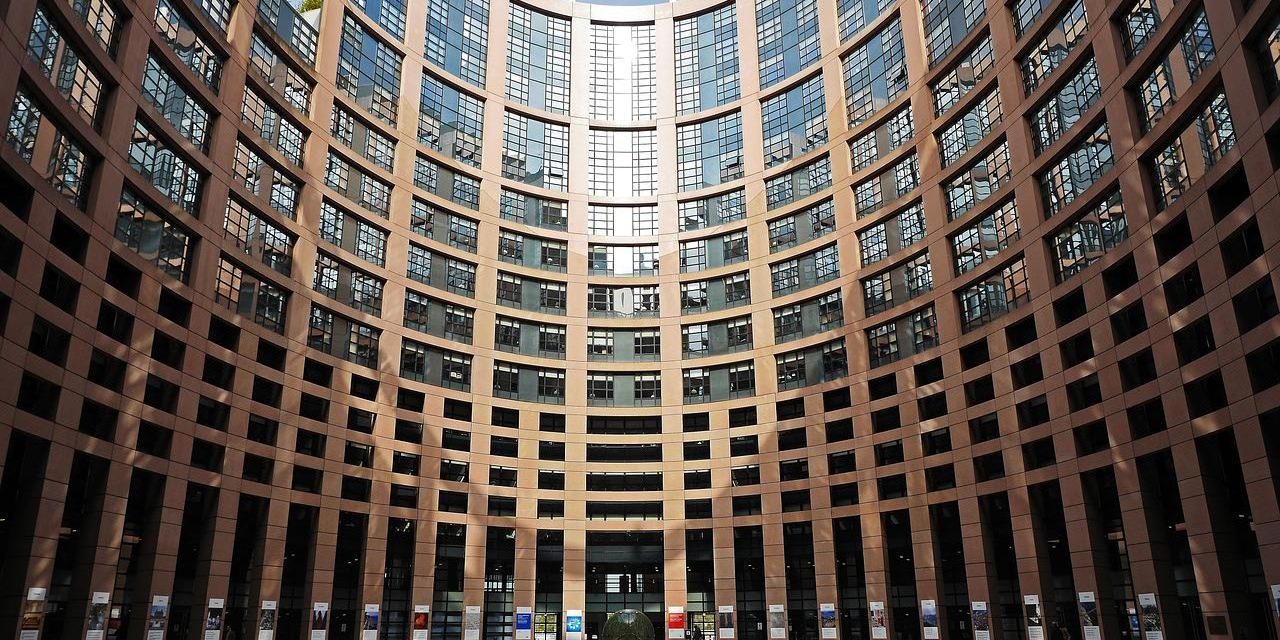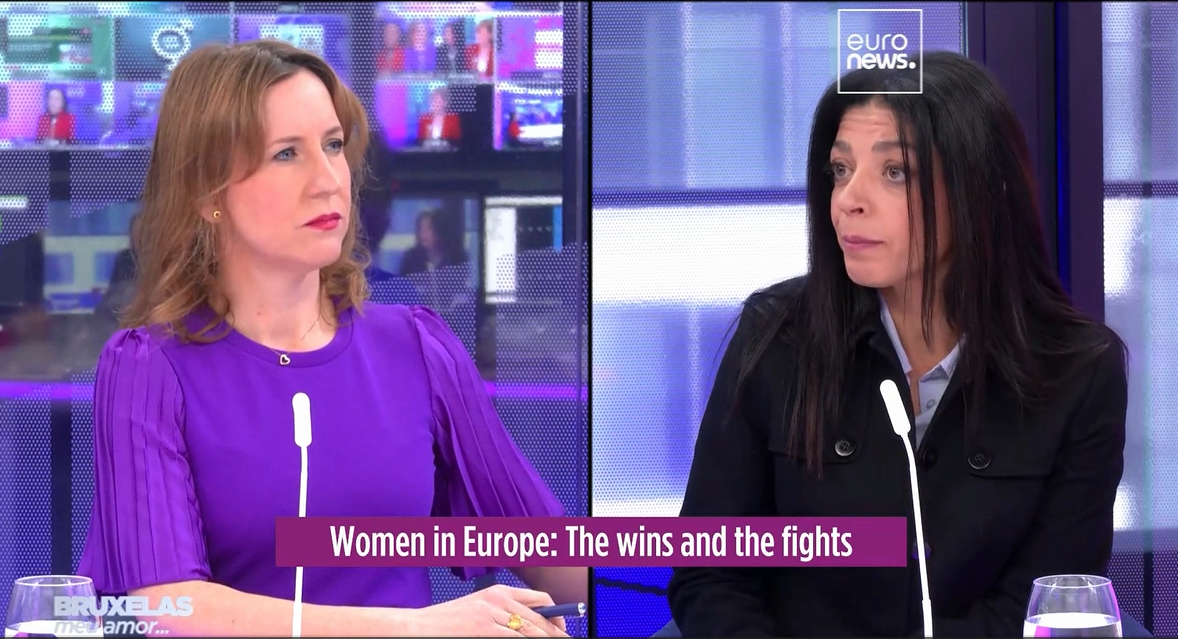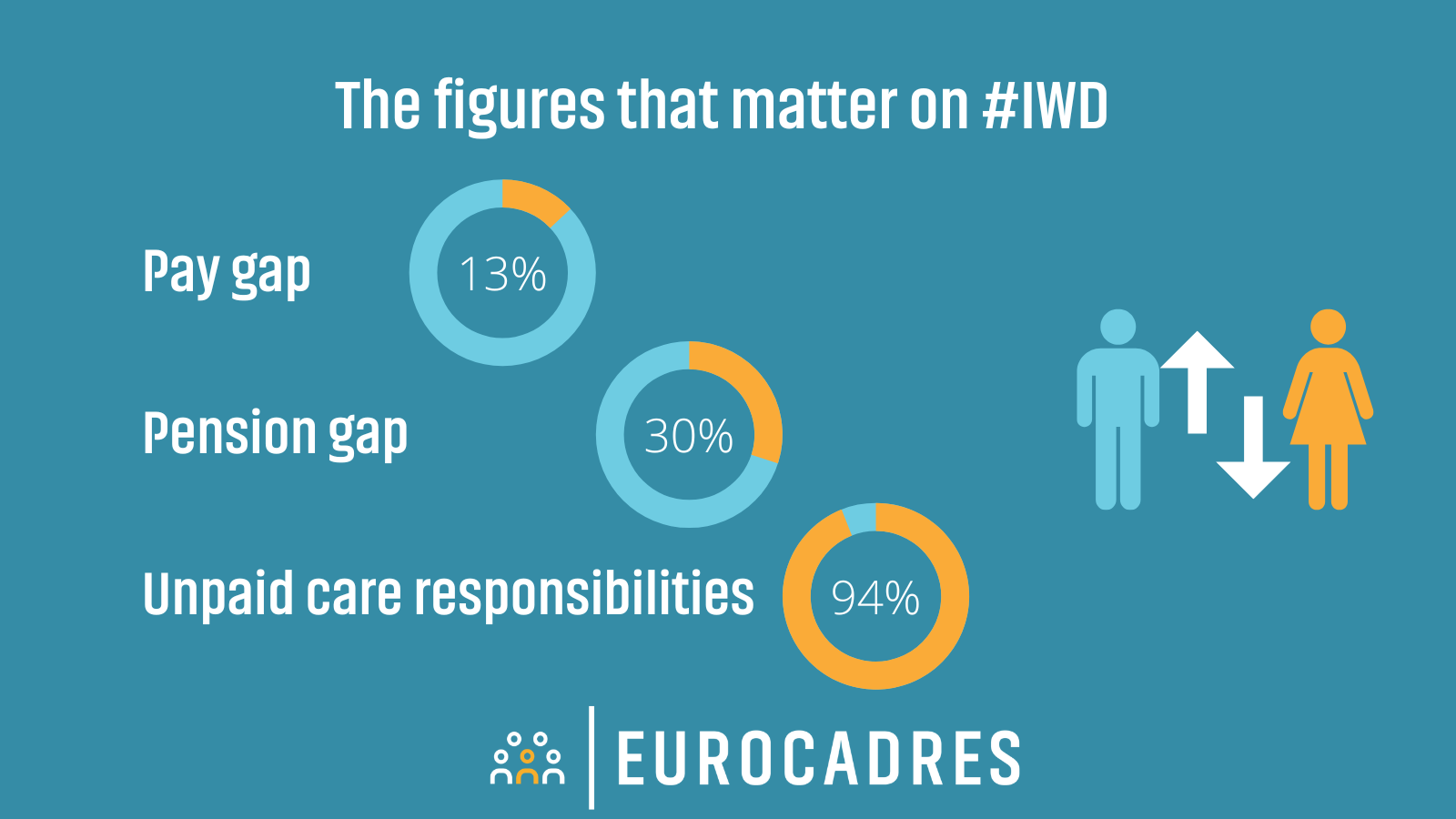
A year of progress, but a lot left to do
Reviewing our steps ahead on #IWD2023.

Normally, International Women’s Day is an opportunity for companies to pay tribute to the work of their female staff, people to point out the pay gap in said companies, politicians to announce new measures to address gender inequality, and everyone else outlines how we have failed to address the gap between the sexes. Often, all this serves to do is give communications personnel added engagement on social media, while highlighting how little progress we have made year on year.
Is this year any different? We have seen progress in Europe over the past twelve months, with the Women on Boards, Pay Transparency and Combating Violence Against Women and Domestic Violence directives (along with ratification of the Istanbul convention) all being advanced at their various stages. While these measures will take time to be implemented, they will make a difference, and represent victories for working women that we should celebrate.
Earlier this week, we joined Euronews to discuss International Women’s Day and the progress made in Europe this year, and while we are encouraged by what has been delivered in 2022 and 2023, we are keenly aware that there is a lot more to do to deliver true equality.
“We have seen a year of promising changes, but we must turn these into concrete actions. The von der Leyen Commission have upheld their end of the deal, now Member States must deliver for European women” - Nayla Glaise
Despite this, for many, advancements have not been felt at the workplace or otherwise.
Women have rarely been placed at the heart of policy decisions, with the recent cost of living crisis, and the increase in energy poverty, highlighting the need for gender to play a more central role in policymaking. Energy poverty is a particularly gendered issue, with 44% of single mothers and 31% of single women struggling to pay their energy bills.
In addition, we have not gone far enough in allowing women to be equal participants in the workplace. The bulk of unpaid care work is done by women, and this hinders their access to employment, and the paid care sector has a large share of women employees who are often in low-income, precarious jobs, with few career prospects. On a daily basis, 81% of women and 48% of men provide care. This rises to 88% for mothers and 64% for fathers of children under 18 years. The gender pay gap still means that women earn 13% less per hour than men, and has only been reduced by 1% over the last eight years.

International Women’s Day should be more than a press release. It should be an opportunity to assess the true impact of our action, a confrontation with reality on where we have failed, and a springboard to pave a pathway for where we want society to advance. Progress has been made this year, but for many, it is yet to be seen. At least one day a year, women should be afforded that right.
